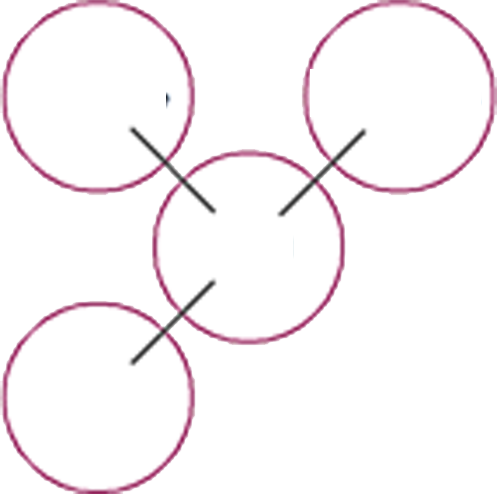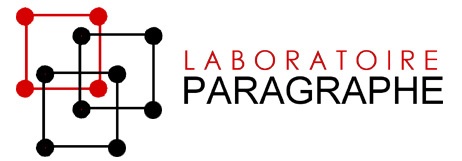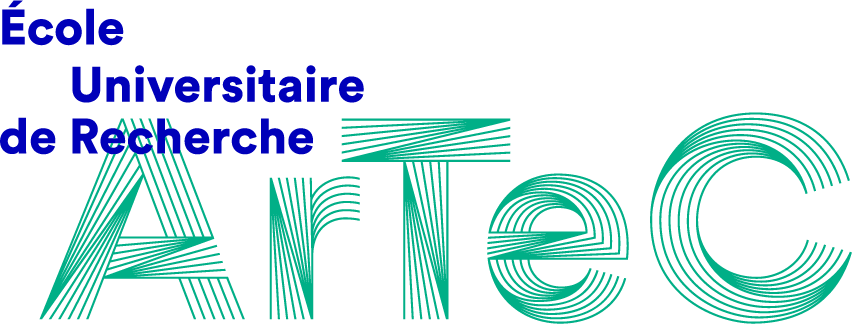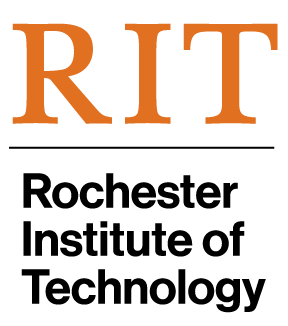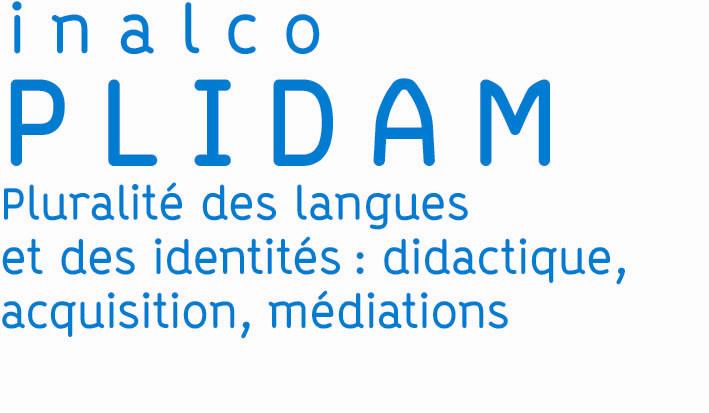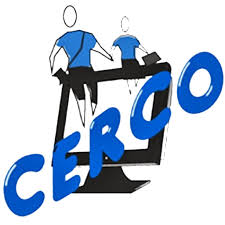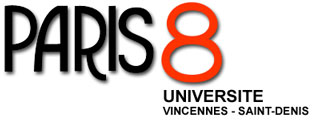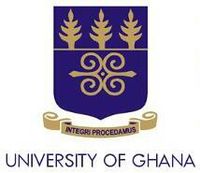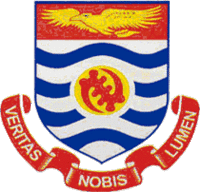The second international conference DH onSite aims to gather artists, researchers, and students working on the borders between Digital Humanities, Digital Humanism, and Digital Literature.
Digital Humanities, as a broad area of global research with varying inflections, has grown out of a sense that contemporary reading and writing practices are quickly changing in computation-intensive, networked environments. DH research often takes on the task of translating and reimagining reading, writing, and communication practices suited to these data-based, digital terrains and political economies, as well as archiving and sustaining humanities research, literature, and cultural artifacts of many kinds to improve access and circulation to diverse publics.
Shifting this DH emphasis on preservation and translation, the topic for 2019, “Reading Together,” asks the still fundamental and vexing question, Can we read together, bridging perspectives from different geographic, political, cultural , and economic sites in West Africa, Europe, and the United States: Read the same texts and artistic works in ways that facilitate shared points of view? Read digital interfaces and data-based processes, agreeing on their editorial enunciation and presuppositions? On the languages in which meta-tagging and data about locations are digitally inscribed on the world. In a general way, can we read together despite our cultural diversities and our different, and sometime conflicting, narratives? The term "read" is used here in a global sense; it is not limited to written texts. Instead, it remains open to how we process any modality of interpretation that creates both meaning and affect, which totally engages the "reader". In the same way, "text" designates any structured set of signs created by a human being and intended for this engaged "reading."
The conference theme thus covers questions as diverse as "can we really read the same text when we read a text?" "can we read texts by others or are they inadmissible?" "can we read, exchange, and share, with the one another, and with an Other?" How can digital artists and digital humanities researchers and scholars enable or facilitate new kinds of “reading together?” What does it mean to take DH on site and open such research, technological development, and archival work to different sites and kinds of reading practices? Can these efforts more directly address, acknowledge and, at times, creatively circumvent the persistent technological, cultural, economic, geographic, religious, ethnic, gendered, and racialized obstacles to our reading together? Or teach us to accept the perils of trying to read together or read differently in a multi-lingual world structured by vast power inequities and unequal access to basic resources? These questions can be approached according to very different points of view and disciplines such as linguistics, art and media studies, history, ethnography, socio-politics, communication, technology, and literary studies. These questions are also designed to raise questions about the aims and focus of digital humanities, as an academic field, and digital humanisms, data humanisms, digital literary and cultural arts, and practice-based research of many kinds with similar aims or emphases, in sites around the world, encouraging these to confront the challenges of “reading together,” as we continue the affiliated challenges of preserving and translating the cultural resources and technological platforms necessary for progressive societies.
The conference will, notably, Showcase the final product of a digital research project funded by eur ArTeC, which involves a digital remediation of documents and images from the Gallica corpus at the French National Library (BnF) that contains images and stories of French expeditions in West Africa, from the 15th to the 20th century, and more specifically in Benin and in the former kingdom of Dahomey.
The conference will include two days of scholarly presentations in French or in English and an afternoon poster session. It will also include artistic events: an exhibition, and an evening performance that showcase recent work by digital artists relevant to the conference’s themes.
The conference will be held at the Cerco Institute of Cotonou, Benin on May 2nd and 3rd. Evening performances will take place on May 1st and 2nd and the exhibition from April 29th to May 3rd.
March 1st 2019 March 15th, 2019: Deadline to post on the website dhonsite.ovh via easyChair the proposals for the conference (poster, 600 words abstract or full paper in French or English up to 12 pages) or an artistic proposal.
March 22nd 2019: Notification of acceptance (with possible recommended changes) or refusal after double-blind examination of proposals.
April 15th 2019: Deadline for receiving final corrected versions and for paying the registration at the conference of at least one contributor. Registration fees are of 111 500 CFA (170 € or $192). This amount includes lunches during the 2-days conference, the final dinner and daily bus trips between the conference hotel and the Institute Cerco. Financial support may be available for those accepted to the conference, but in need of some financial assistance.
Call for Communication [PdF: 58Ko]
Call for Residency [PdF: 59Ko]
Call for Communication [PdF: 62Ko]
Call for Residency [PdF: 60Ko]
